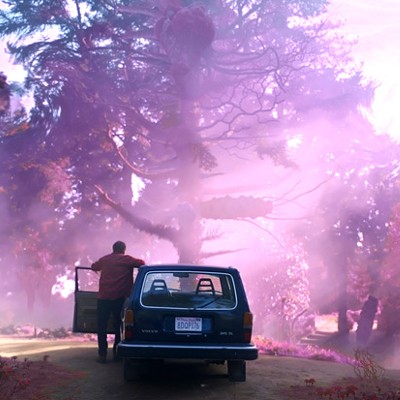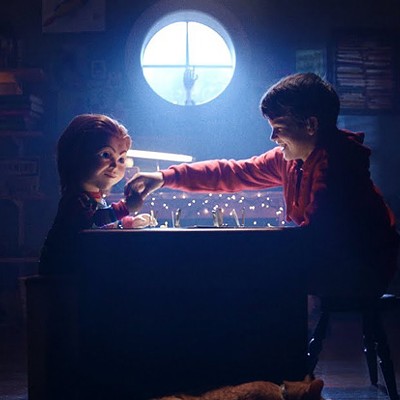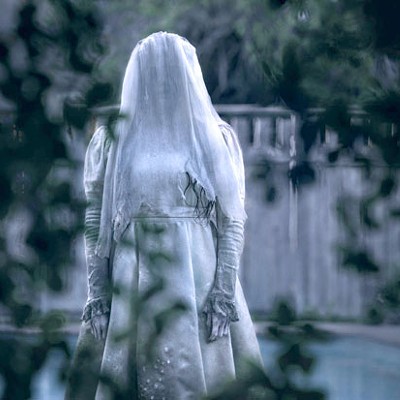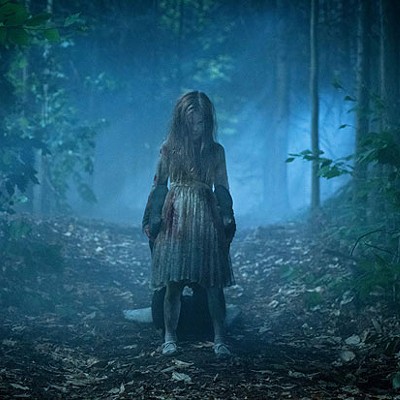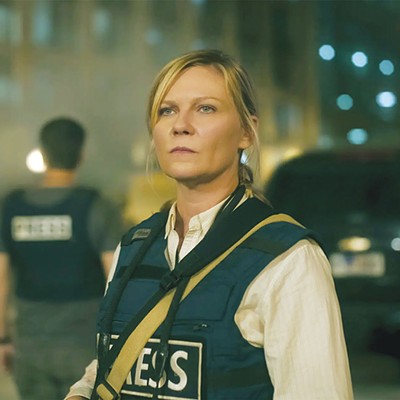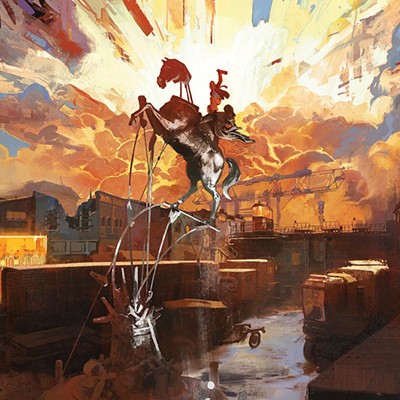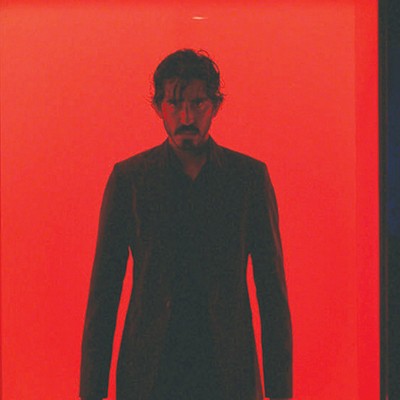The best horror movies can usually be described in a sentence. A killer shark terrorizes a beachfront community. A knife-wielding masked killer stalks horny teenagers. A young woman gets pregnant with the anti-Christ. They're simple setups that use that brevity of plot to either wring terror out of the mundane or explore some deeper thematic ideas about good and evil.
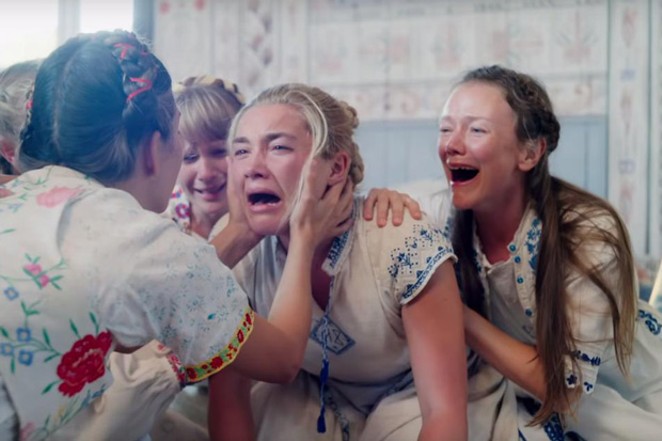
On the surface, "Midsommar" can easily be explained as "American tourists stay at a creepy commune in rural Sweden," but the film's real delights come with everything writer/director Ari Aster has lurking around the corners. This incredibly ambitious film is also a comedic deconstruction of a toxic relationship, a dramatic exploration of trauma and grief and a satire about the stereotypical "Ugly American" attempting to co-opt another culture for personal gain.
The astounding Florence Pugh plays Dani, a student whose bipolar sister has just committed murder/suicide with her mother and father. Dani's unsupportive and distant boyfriend Christian (played by "Sing Street's" Jack Reynor) decides to invite her along to his bro-trip to Sweden, where they're heading to stay at their mutual friend Pelle's ancestral commune, the Hårga, in northern Sweden.
The Hårga are having a midsummer celebration that occurs only once every 90 years, filled with food, drugs, sex, death, dancing and maybe a little sacrifice. Things go very, very badly.
Christian had already wanted to break up with Dani before the trip, but couldn't bring himself to do it after her family died, so there's already an underlying tension to everything once the group arrives at the sun-drenched Hårga and starts dropping hallucinogens like jelly beans.
Dani is obviously in a terrible headspace (which is a terrible place to be before eating mushrooms), so her initial bad trip adds another ugly layer of intensity to a movie that becomes almost unbearably uncomfortable after a while.
There's barely any night time at the Hårga, so every dreadful thing that happens is done in full daytime, without the easy horror trope of darkness to manufacture added spookiness. Thematically, the Hårga aren't embarrassed by any of their ancient customs, so all the shocking violence and depravity happens in the broad light of day for the outsiders to witness.
To tell more of what terrible things the Hårga have in store for the hapless Americans would be evil of me, but I'll say that "Midsommar" has some of the most disturbing imagery since Ari Aster's last directorial effort "Hereditary." Aster, along with cinematographer Pawel Pogorzelski and composer Haxan Cloak, have created a disturbing and hypnotizing thriller that I'm having a lot of trouble shaking off. The film is a very long slow burn, but each scene feels like it's building to something inevitable and ultimately horrifying.
"Midsommar" isn't scary in the same way as "The Conjuring" or "A Quiet Place" is designed to be. There aren't jump scares or loud noises designed to make you drop your popcorn. Instead, "Midsommar" quietly ratchets up into full-blown existential dread as we watch a grief-stricken young woman dealing with the worst thing that ever could have happened by being thrust into something somehow even more terrible.
It's not a fun movie. I'll probably never watch it again. But I sure as hell will never forget it.
Midsommar
Dir. Ari Aster
Grade: A-
Old Mill Stadium 16 & IMAX, Redmond Cinema


